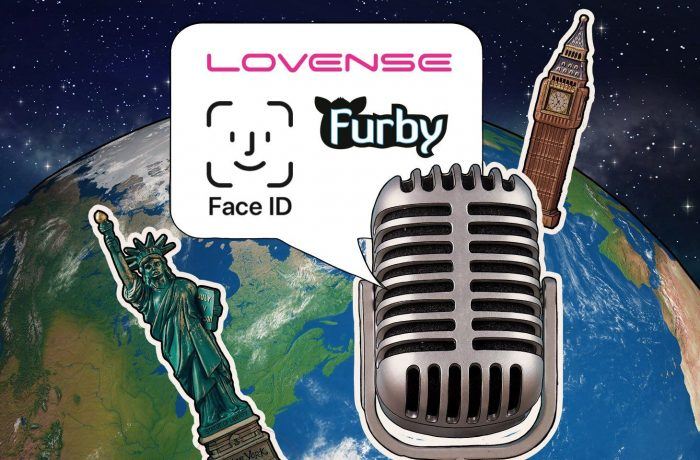
2017: What was and what will be
What 2017 will be remembered for, which of our experts’ predictions came true, and what they think about the future
1436 articles

What 2017 will be remembered for, which of our experts’ predictions came true, and what they think about the future

In this week’s Kaspersky Lab’s Transatlantic Cable podcast, Dave and Jeff look at cryptokittens, password pains, 2-factor authentication earrings and much more.

In this week’s edition Kaspersky Lab’s Transatlantic Cable podcast, Dave and Jeff discuss the company’s security predictions for 2018.

In today’s Kaspersky Lab’s Transatlantic Cable podcast, Dave and Jeff discuss Germany destroying smartwatches, Detroit community Wi-Fi and hacked cars.

In this week’s edition of Kaspersky Lab’s Transatlantic Cable podcast, we discuss IoT security in toys for children and adults.

We’re launching the Global Transparency Initiative. What is it? Eugene Kaspersky explains.

Eugene Kaspersky responds in detail to recent allegations about his company and the Russian government.

Our research shows most users of online dating sites fudge information about themselves. Why they do it and what you can do about it.

One of the most popular porn sites in the world was serving malware through ads to millions of its users.

The real scale of the Yahoo breach (spoiler: 3 billion), Facebook’s own Face ID, UK Lottery DDoS, and more.

A new blocker called nRansom locks users out of their computers and demands not money, but nude pictures.

Android users have the largest selection of mobile apps, but that means they are also exposed to the most threats. Avoid mobile malware by following some basic security rules.

Fraudsters make a fortune mining cryptocurrencies — on your computer, at your expense, and without your knowledge.

Transatlantic Cable Podcast episode 2: autonomous pizza delivery, Sarahah’s privacy issues, reprieve for victims of Yahoo!’s data breach and more.

Modern technology actually helps phone scammers — what you need to know to stay safe.

Android Trojans have been mimicking banking apps, messengers, and social apps for a while. Taxi-booking apps are next on the list.

Microsoft changes its approach to cybersecurity solutions in response to partner feedback

Facebook’s Alex Stamos explains why the information security industry has the wrong priorities and what should be done about it.

A hacker connects a mysterious device to a lock, picks its code within a few seconds, and unlocks the door. That’s how it always happens in the movies, but is it the same in real life?

At the Black Hat conference, researchers demonstrated that typing on the keyboard while talking on Skype is not safe.